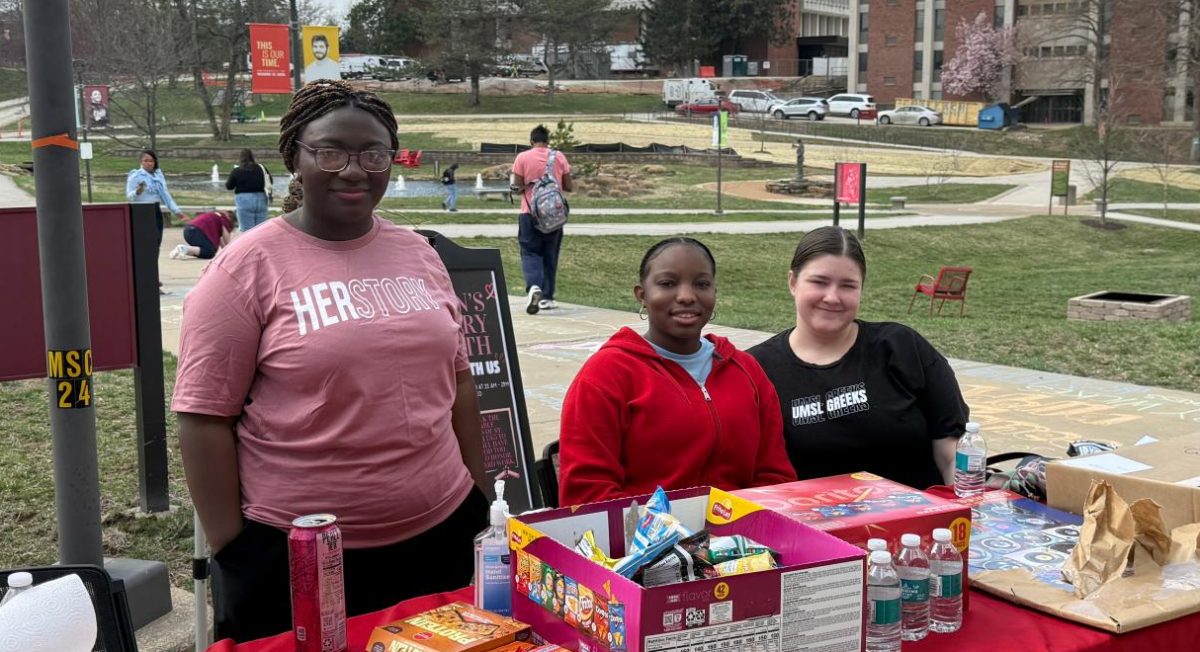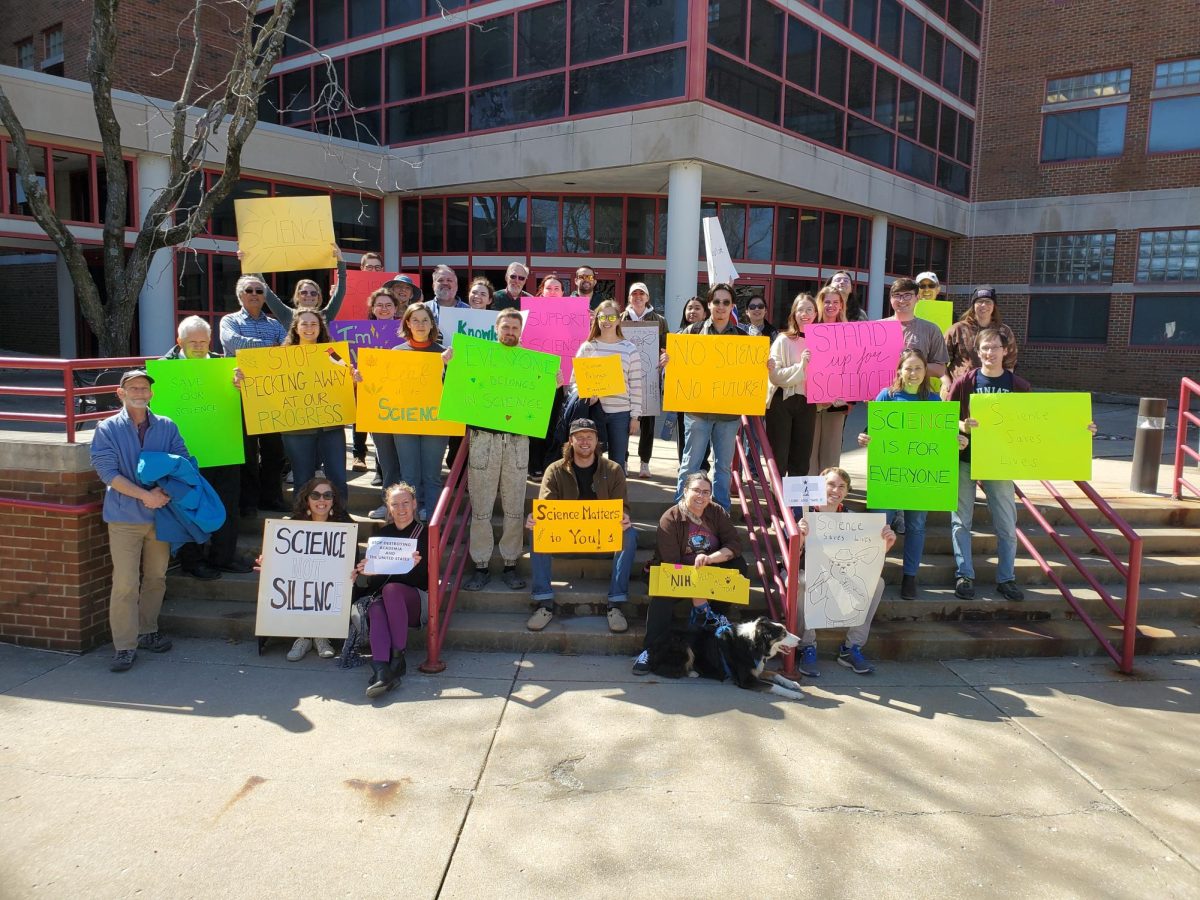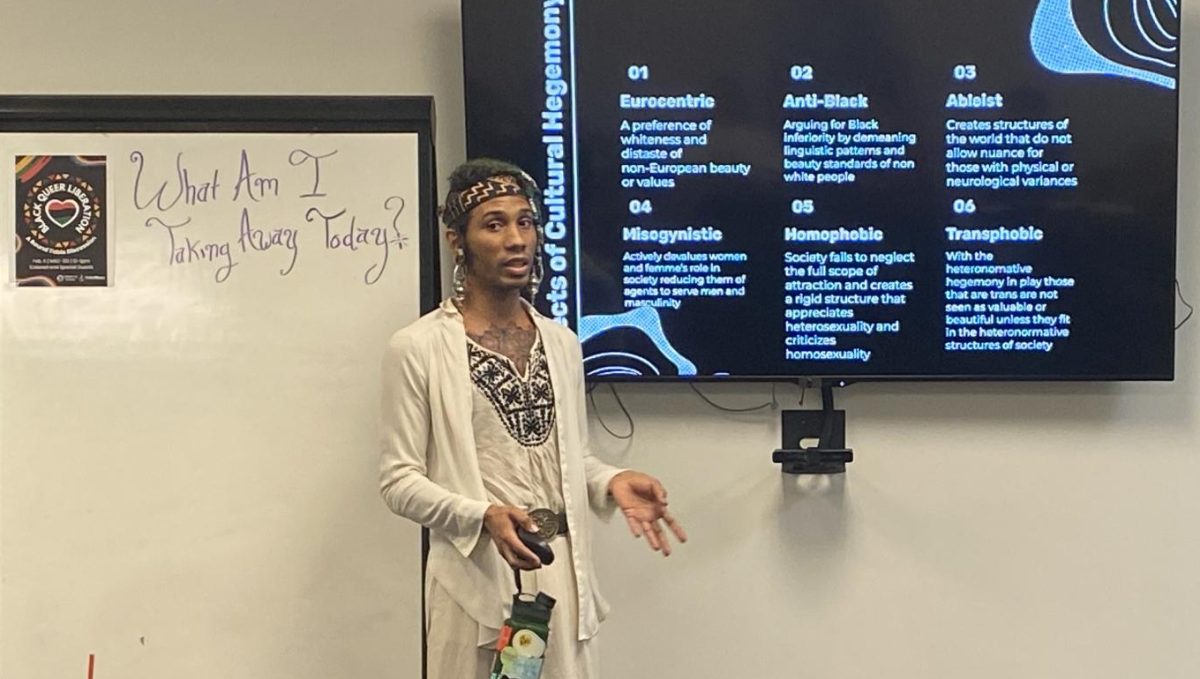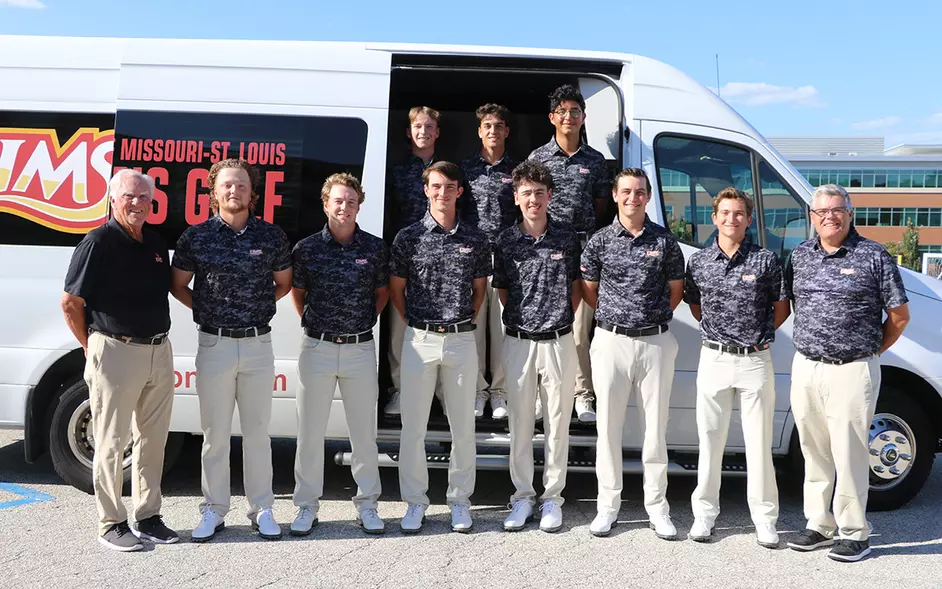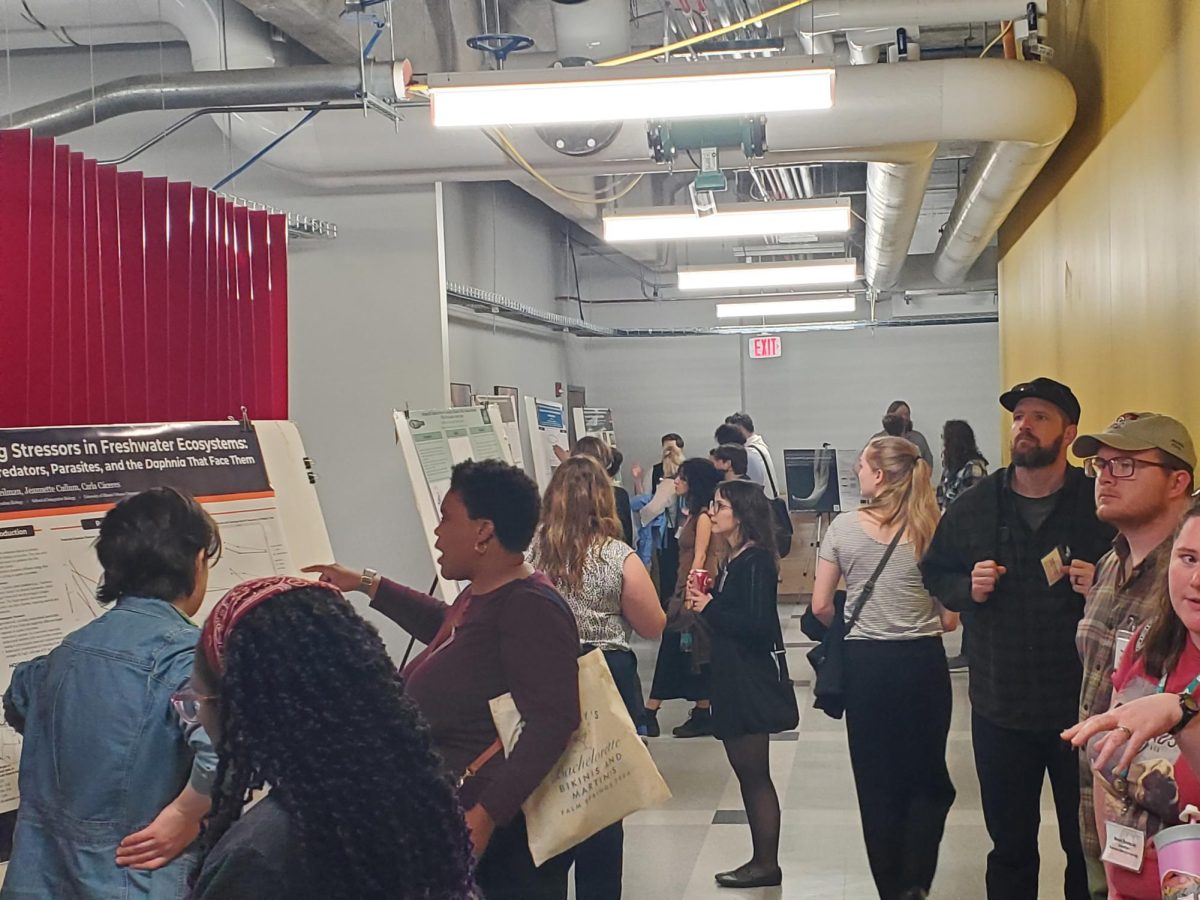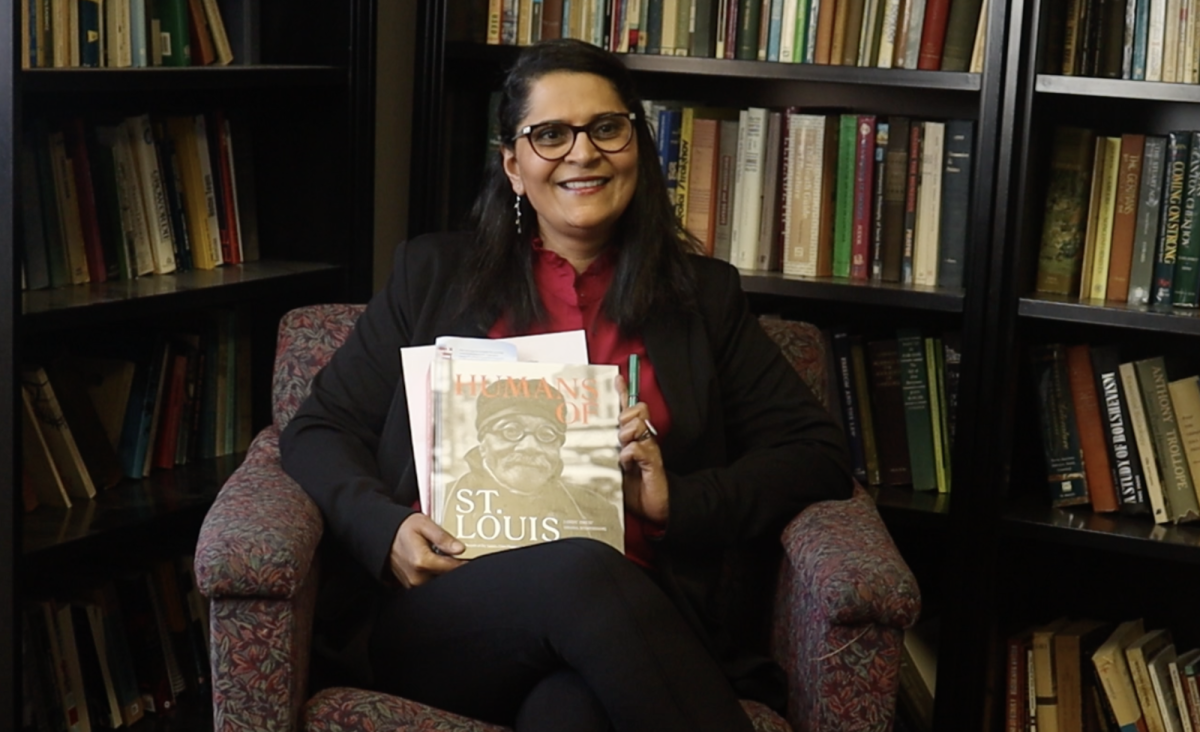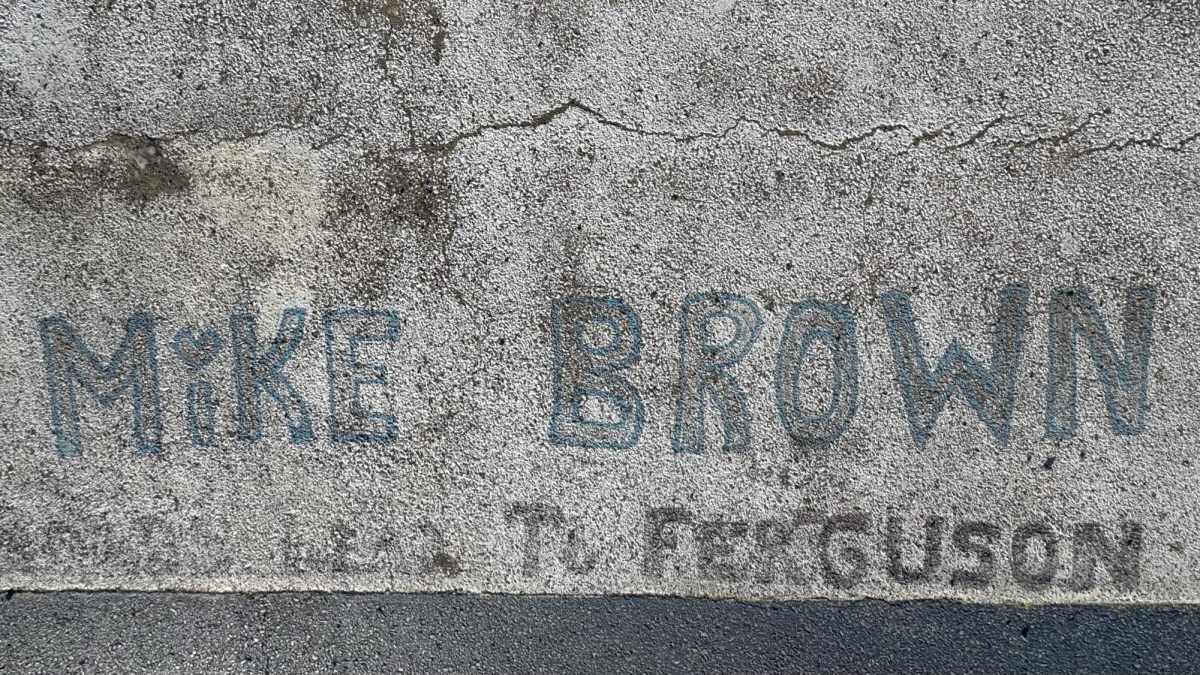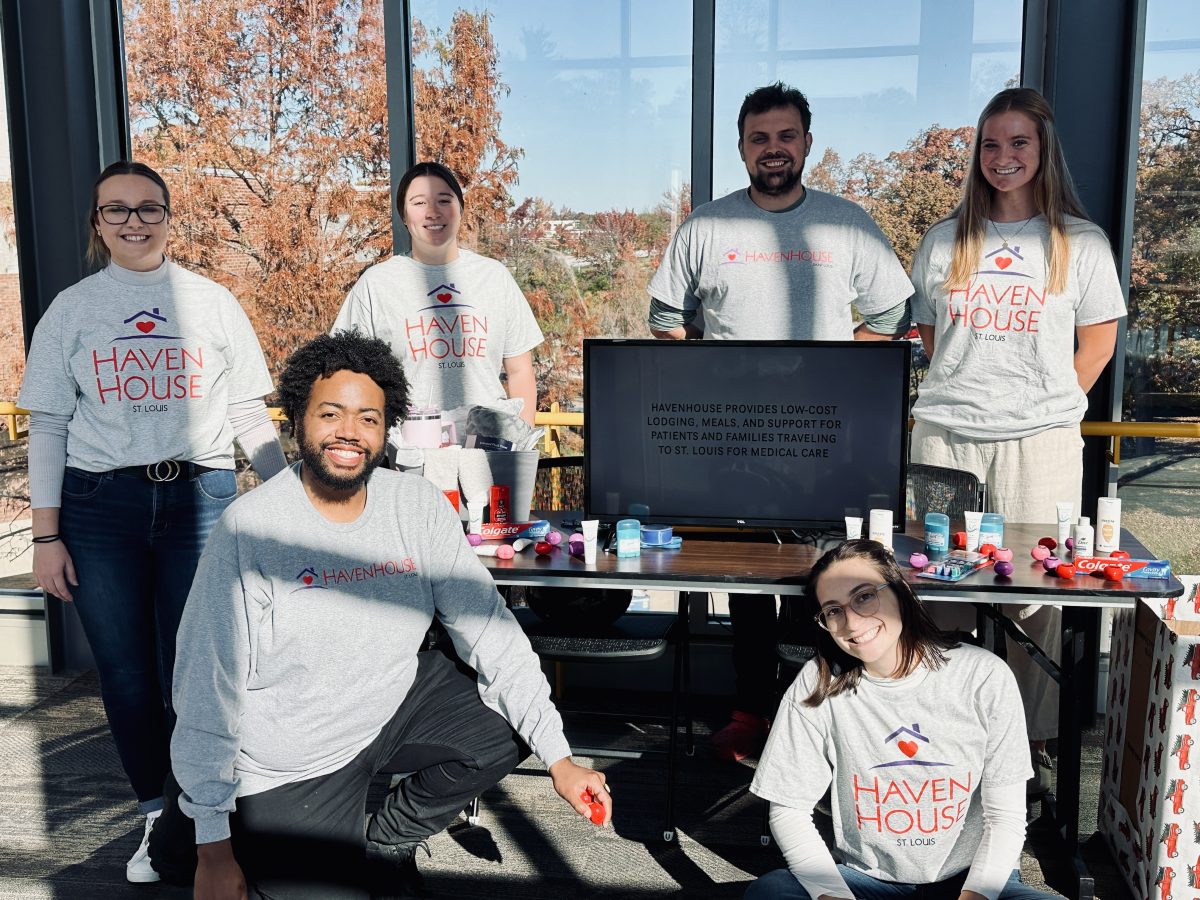There is a unique aspect to a woman’s perspective that is often underrepresented in U.S. history with the vast amount of accomplishments they’ve earned. Historically, women have been valued below men and their potential was limited to servitude. The word, woman, was derived from the Old English wimman “women-man” which was converted from an earlier term wifman “woman; female servant.” Through perseverance and the unavoidable change that comes with technological advances, efforts to highlight the contribution of women have increased throughout history as society has grown more progressive.
Women are behind many unique and everyday inventions for the average American. Before the modern Murphy bed, there was the Cabinet Bed, invented and patented by Sarah E. Goode in 1885. This piece of furniture was a desk that could fold out into a bed, and it made Sarah the first Black woman to patent with the U.S. Patent and Trademark Office. The following year, Josephine Cochran changed the household chores game with the invention of the dishwasher. In 1886, Josephine patented the “dish-washing machine” which used water pressure instead of scrubbers to clean. One of the greatest innovations for humans constantly migrating to colder climates was the car heater. Margaret Wilcox designed and patented an automobile heater in 1893 to keep passengers warm. These are but just a few of the physical contributions that women made in America with little credit.
In 1978, California school districts influenced a week-long celebration of women’s culture and history through a “Real Women” essay contest and parade in Santa Rosa. This would quickly spread throughout the country and become a yearly event in some areas. President Jimmy Carter issued the first proclamation in 1980, declaring the week of March 8 as National Women’s History Week. In 1987, it was successfully petitioned in Congress to expand to the entire month of March.
In 1981, Senator Orrin Hatch of Utah proclaimed, “Whereas American women of every race, class, and ethnic background helped found the Nation in countless recorded and unrecorded ways as servants, slaves, nurses, nuns, homemakers, industrial workers, teachers, reformers, soldiers, and pioneers; Whereas American women have played and continue to play a critical economic, cultural, and social role in every sphere of our Nation’s life by constituting a significant portion of the labor force working in and outside of the home… Whereas despite these contributions, the role of American women in history has been consistently overlooked and undervalued in the body of American history: Now, therefore, be it Resolved by the Senate and House of Representatives of the United Women’s States of America in Congress assembled, That the week beginning History Week. March 7, 1982, is designated as ‘Women’s History Week.’”
To celebrate Women’s History Month, the Honors College hosted a Chalking Event outside the MCS patio. With live music and food, the students of UMSL celebrated the hard work of American and St. Louis women by chalking their accomplishments on the patio. These are some of the featured women and their accomplishments.
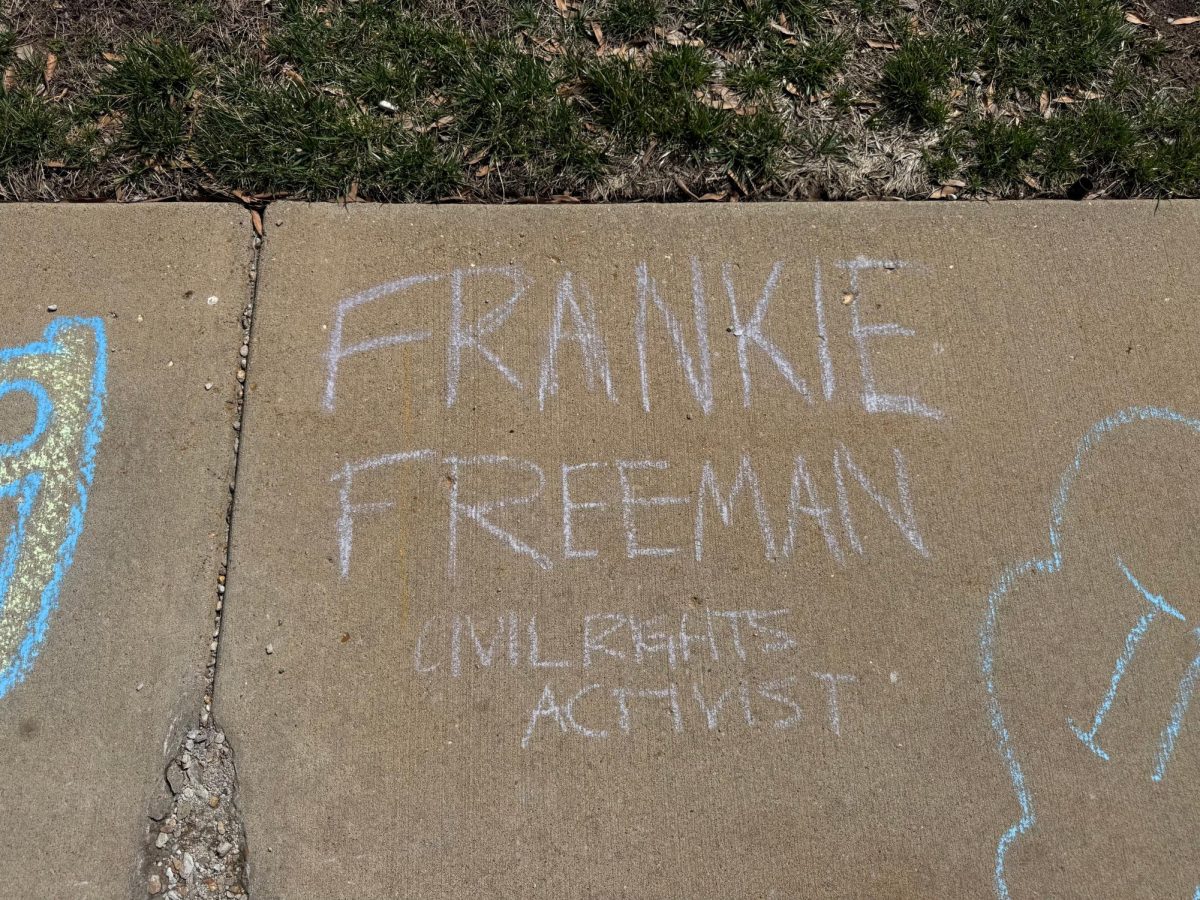
Frankie Muse Freeman
Frankie was a civil rights attorney in 1949 who was a part of the NAACP legal team that challenged the “separate but equal” doctrine in Brewton v. The Board of Education of St. Louis.
In 1964, she became the first woman to be appointed and reappointed to the United States Commission on Civil Rights by Presidents Nixon, Ford, and Carter. Her work inspires generations to pursue and protest for human and civil rights.
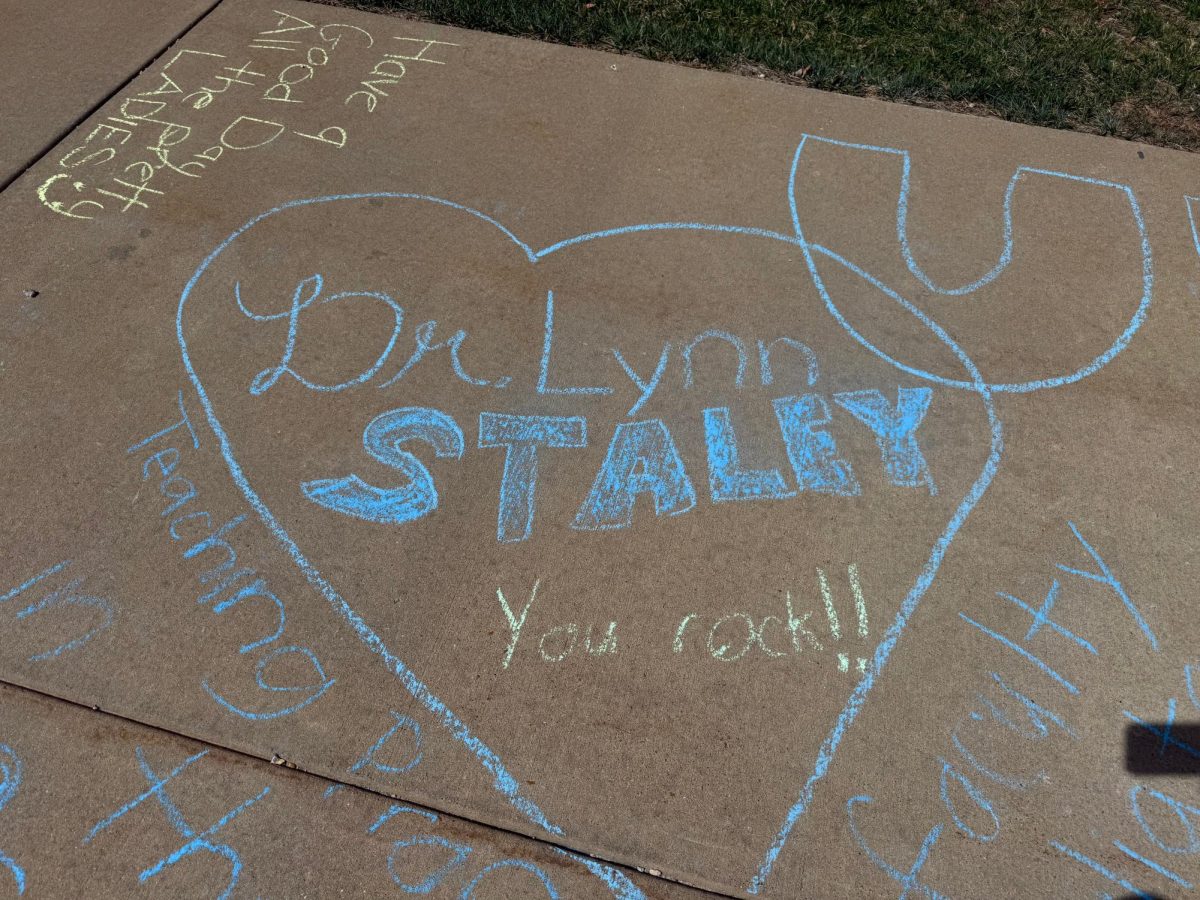
Lynn Staley
Dr. Lynn is a teaching professor in the Department of English and a faculty affiliate in Gender Studies here at UMSL. Her coordinating accomplishments with the Business Writing Program have positively impacted the UMSL community here as she advocates for community engagement, service-learning, and inclusive practices.
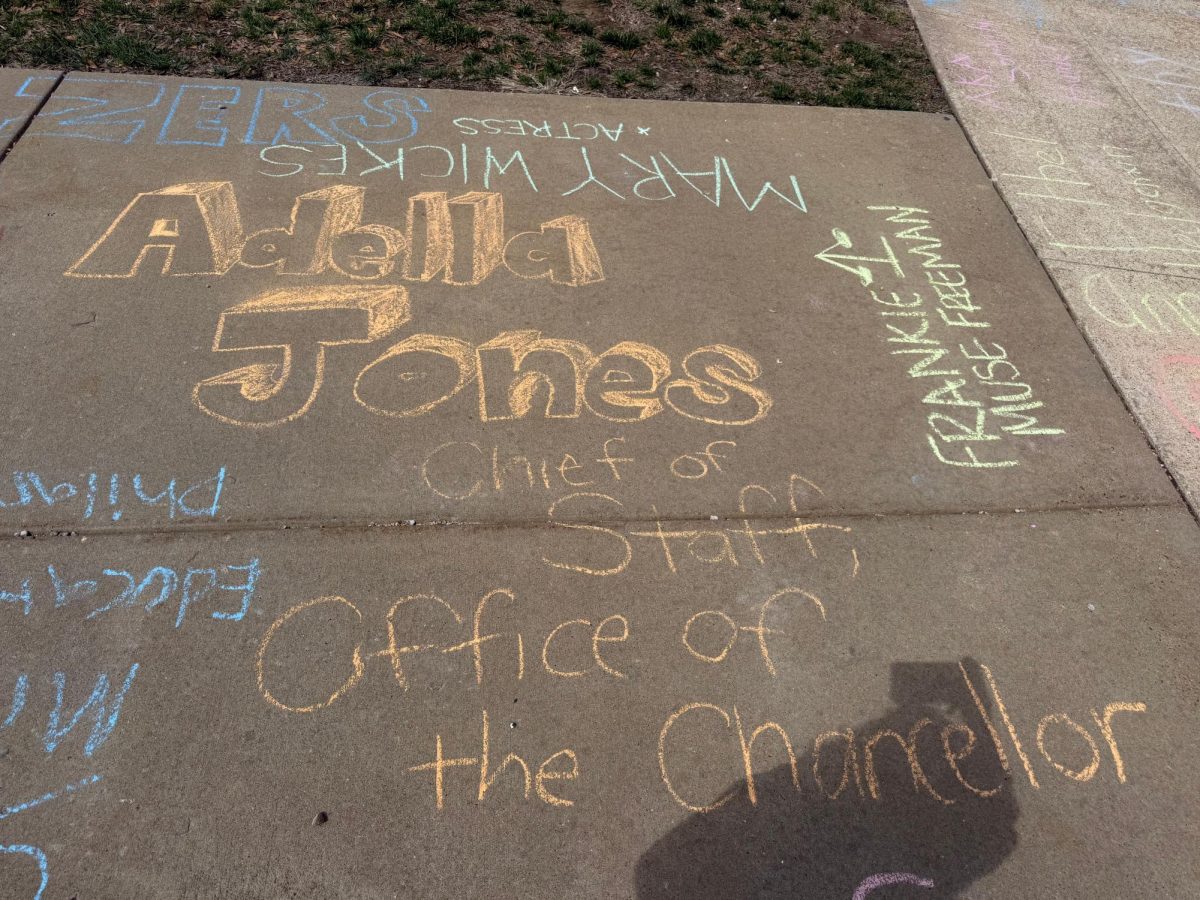
Adella Jones
Adella is the chief of staff for the Chancellor’s Office at UMSL, ensuring campus communication and legislative and civic affairs are strategically developed. She was previously the vice president of community and government affairs at the Bi-State Development Agency and Metro Transit and the St. Louis press secretary to former Congressman Richard Gephardt.
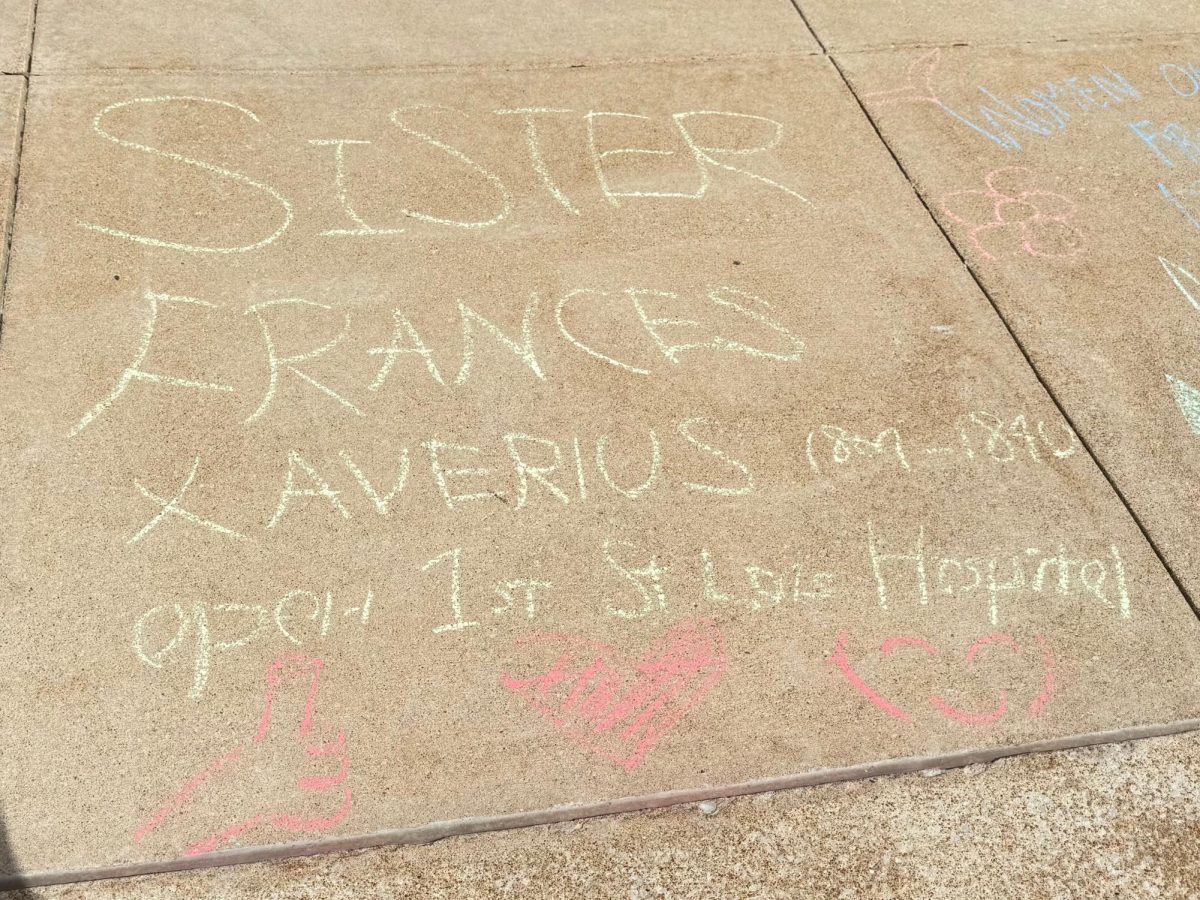
Mother Frances Cabrini
Mother Frances Xavier Cabrini immigrated to New York in 1889 with six members of her order, the Missionary Sisters of the Sacred Heart of Jesus. Here, the sisters were among a group of Italian immigrants who did not find welcoming arms in this new world. Despite these odds, they set up an orphanage and ill-equipped hospital for their fellow Italians. Over the next 28 years, Mother Cabrini traveled setting up schools, hospitals, and orphanages in many major U.S. cities. She acquired properties and raised funds like an acute businessman. In 1909 she became a U.S. citizen at 59 and died in 1917 after which Pope Pius XI decided her canonization could begin early (despite the requirement to have been dead for 50 years). In St. Louis, the St. Frances Cabrini Academy is named after Mother Cabrini for her special focus on welcoming immigrant families.



